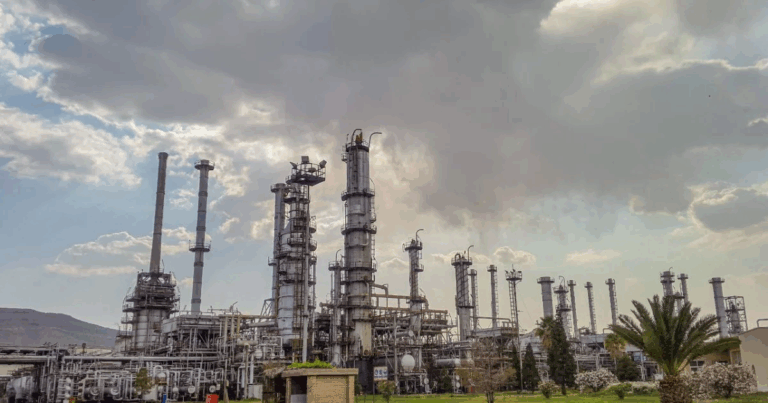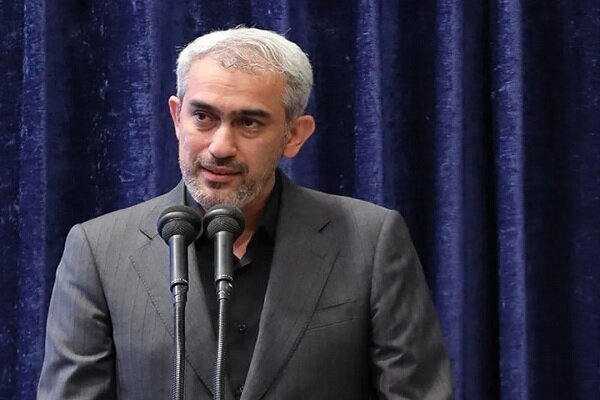
Similar Posts
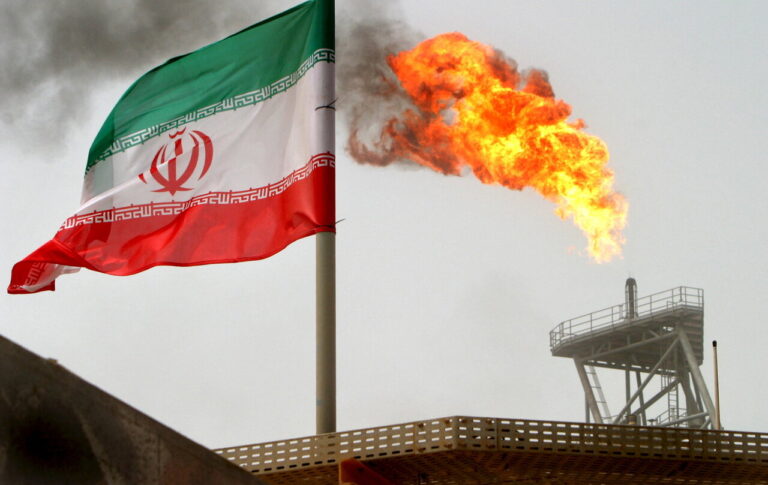
Iran’s Bold Response to New US Sanctions Targeting Oil Minister
Recent US sanctions on Iranian oil trade have intensified tensions, prompting a strong reaction from Iran’s Foreign Ministry. Spokesperson Esmaeil Baghaei condemned the sanctions, which target individuals and entities linked to Iranian oil in China, as evidence of US hostility towards Iran’s development. He criticized the US reliance on sanctions, labeling them as violations of international law. Despite these pressures, Iran asserts its commitment to independence and continues to sell oil through various means. The sanctions, part of Trump’s maximum pressure strategy, complicate ongoing negotiations regarding Iran’s nuclear program and highlight the intricate dynamics of international trade laws.

Musk Promises Groundbreaking Revelations of Billions in ‘Fraud and Abuse’ at the Pentagon
Former President Donald Trump has expressed expectations that Elon Musk will reveal evidence of significant financial misconduct within the Pentagon, claiming billions have been misappropriated. This has sparked renewed debate about defense spending efficiency, especially with the Pentagon’s budget nearing $1 trillion annually. National security adviser Mike Waltz has called for reforms in defense spending practices. Musk, appointed to lead the “Department of Government Efficiency,” aims to streamline operations and reduce the national debt, but critics question his qualifications and the legality of his role. The ongoing Pentagon audit may uncover inefficiencies and set a precedent for future government financial practices.
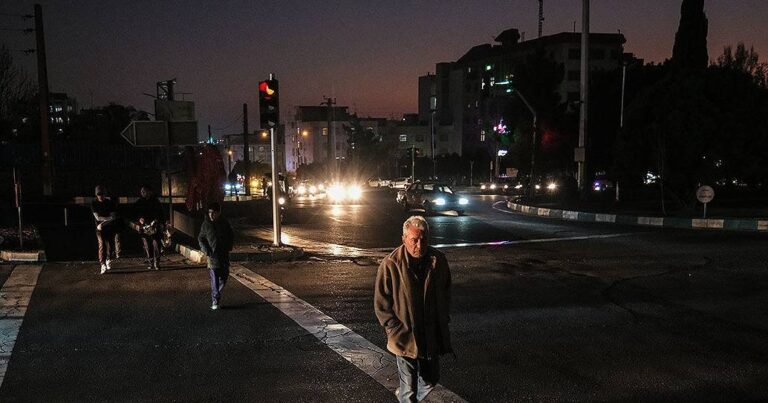
Iran’s Energy Exports Surge Despite Domestic Grid Challenges
Despite significant energy shortages, Iran has increased gas and electricity exports over the past year, particularly to Turkey and Iraq. Iran’s gas exports to Turkey rose by 5%, and electricity exports to Iraq climbed by 6%, while domestic consumption remains high due to heavy subsidies. The government aims for $5 billion in export earnings, but power outages are common in industries. In response to rising energy costs, Iran has introduced a three-tier diesel pricing strategy. Officials are encouraging large industrial users to import electricity, yet the country’s infrastructure can only support minimal imports. The energy crisis continues to challenge Iran’s economic stability.
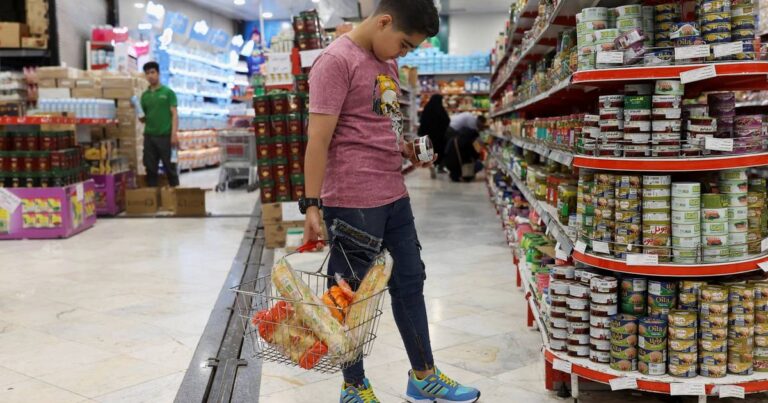
Iran’s Wage Crisis: Navigating Sanctions and Economic Turmoil
As Iran’s fiscal year ends in March, the government faces the challenge of raising wages amidst a 40% inflation rate, which has driven millions into poverty. Currently, workers earn under $150 monthly, while a family of three needs at least $450 for basic needs. Experts warn that doubling wages is impractical due to the government’s financial constraints and potential economic fallout. Economists like Morteza Afqah emphasize that resolving Iran’s economic crisis requires addressing foreign policy issues and securing sanctions relief. Public sentiment is growing for negotiations with the West, as leadership grapples with the implications of their choices on the nation’s future.
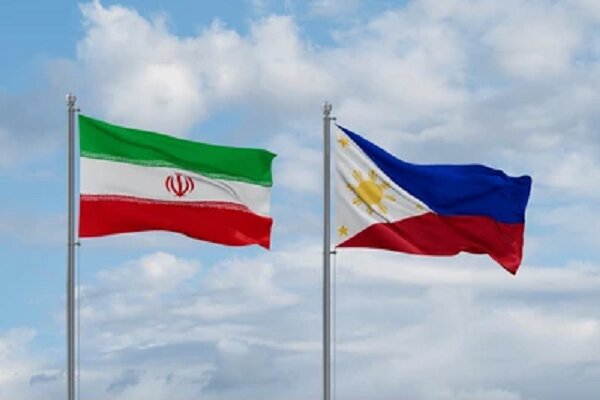
Iran and Philippines Forge Stronger Ties with New Agriculture Cooperation Agreements
Iran and the Philippines recently signed two memoranda of understanding in Tehran to enhance agricultural cooperation and plant inspection. Iranian Agriculture Minister Gholamreza Nouri-Ghezeljeh highlighted the countries’ strong ties and shared international perspectives, emphasizing Iran’s strategic location as a gateway to Europe for the Philippines. Nouri-Ghezeljeh showcased Iran’s agricultural achievements, particularly in fruit production, while Philippine Agriculture Undersecretary Zamzamin Ampatuan expressed interest in importing Iranian fruits, especially apples. He noted the long-standing relationship between the nations, highlighting successful banana trade and cultural ties. This collaboration signifies a promising future for agricultural trade and economic partnership.
